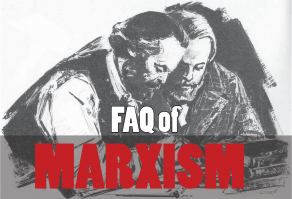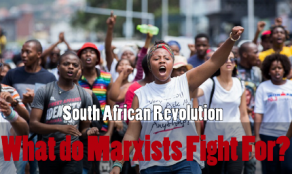South Africa: COSATU to hold Special National Congress as Right Wing retreats
The Congress of South African Trade Unions (COSATU) will hold a special national congress to deal with divisions that have ravaged South Africa's largest labour federation for the last period. The announcement came on August 19th after the three day meeting of the Central Executive Committee (CEC) meeting that was held in Johannesburg. This was after nine affiliated unions wrote to the CEC, requesting such a congress. This represents a step in the right direction for the federation. COSATU's constitution states that for a special congress to be held, at least one third of affiliates (seven) must make such a request. The president of the federation then has 14 days to deal with the logistics of holding the congress, including setting a date.




